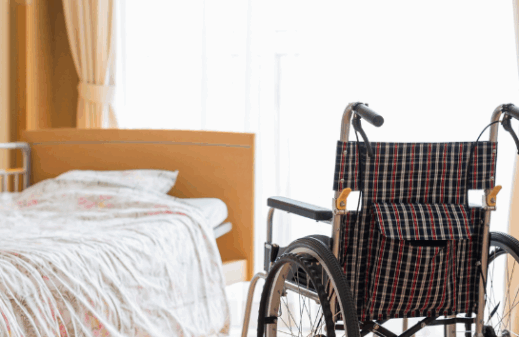Any caregiver or family member that works with dementia or Alzheimer’s residents knows one thing about mealtimes – they are unpredictable. Alzheimer’s and dementia residents are often known to refuse to eat, ignore their food, become distracted, forget how to eat or struggle with chewing. This makes meal time not enjoyable for all parties including the residents. Even worse, it places residents at risk for malnourishment, dehydration, and dangerous weight loss.
Ideas for mealtime
Here are six ideas to help make mealtime more enjoyable for your residents.
- Know the resident. Make sure the caregivers take the time to get to know all of the residents personally. Residents with dementia or Alzheimer’s typically prefer familiarity. Before new staff members sit with these residents in the dining room – make sure the resident is comfortable interacting with them in other areas of their daily activities.
- Change it up. Offer multiple options for the residents to choose from. Even though meatloaf and broccoli were a favorite last week – this week they may refuse to eat it. Have a second option on hand to help increase the chances they eat a full meal.
- Make it feel like home. Look at your dining area today – does it feel comfortable? Does it feel like home? Or does it feel cold and unwelcoming? Make changes to liven it up for residents. Decorate for holidays, put fake tea lights on the tables and add tablecloths for a touch of homeliness.
- Let them eat with friends. Since they like familiarity, it is vital they pick who they eat with every day. You want them to feel comfortable so they are more relaxed and ready to participate in meal time.
- Offer home-cooked meals. Research says residents respond better to home cooked meals instead of buffet line options. These types of meal offer more flexibility and choice for residents to eat when they are ready.
- Create a routine. Creating a routine is the best way to build comfort at meal time. Make sure the resident sees consistency from day to day. Consistency tells them what expect and make them feel more comfortable and less anxious at meal times.
What comes next?
If you implement these new techniques and still see little or no improvement in your resident’s mealtime experience, they may need to move to a different facility that offers additional medical care options. It is difficult to make that decision, especially since your residents become extended family. Schedule a meeting with their family to review the facts and options and make the decision together.
Conclusion
Take steps today to make meal time more enjoyable for residents. Develop a routine and promote familiarity to improve their comfort as time progresses.



